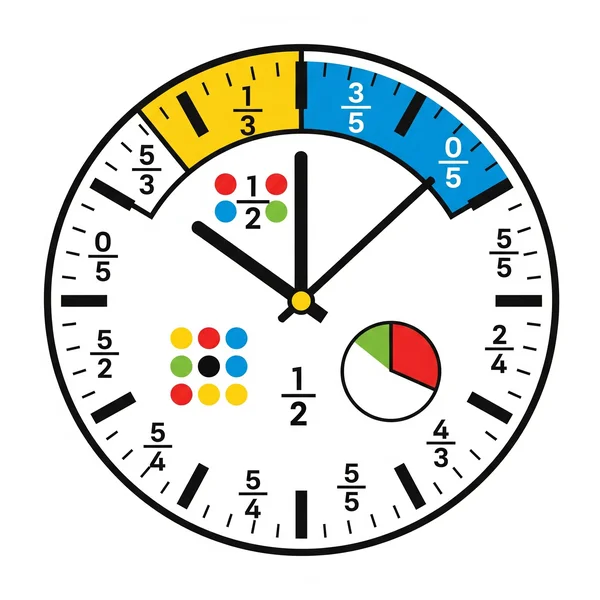Dutch phone ban in schools having ‘wonderful effect’
While countries clamour to ban smartphones in schools, fresh research from the Netherlands – one of the first to do so – suggests that its ban has made students more sociable, improved their focus and boosted academic performance.
According to a study commissioned by the Dutch government, three-quarters of the 317 surveyed high schools said that the ban had boosted students’ concentration, while nearly two-thirds noted an improvement in the social climate. One-third reported better academic performance.
“Less distraction, more attention to the lesson, and more social students – no more mobile phones in the classroom is having wonderful positive effects,” Marielle Paul, state secretary for primary and secondary education, told Reuters.
The Dutch ban of digital devices in schools came into effect on 1 January 2024, inspiring other nations to follow suit, notably France, Hungary and Finland. Many UK schools have implemented their own bans, thanks partly to the fast-growing Smartphone Free Childhood movement, as featured in the new issue of Positive News magazine.
Read the full story HERE
- Master Arithmetic with Tools at Home https://PracticalMathHelp.com
- Dyscalculia news and podcasts https://DyscalculiaHeadlines.com
- Dyscalculia for Dyslexia tutors transition training https://dys4dys.org
- Dyscalculia Services https://DyscalculiaServices.com
- Dyscalculia Awareness Training https://DyscalculiaAware.org
- Math Assessment Reasoning and Strategy https://MathStrategy.org
- Help you child with math homework https://MomsTeachMath.com
- Math and Dyscalculia Screening test https://DyscalculiaTesting.com
- Dyscalculia Screener https://DyscalculiaScreener.org
- Adult Dyscalculia https://AdultDyscalculia.org
- Become a Dyscalculia Tutor https://DyscalculiaTutorTraining.org
- Ask a question at https://Dyscalculia.ai

